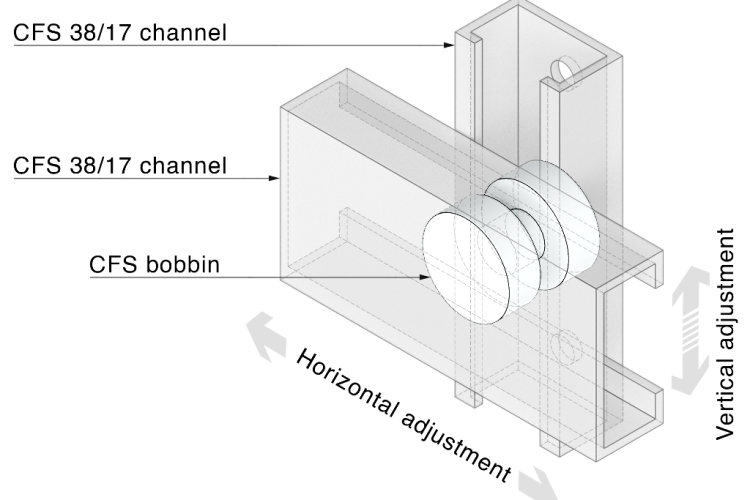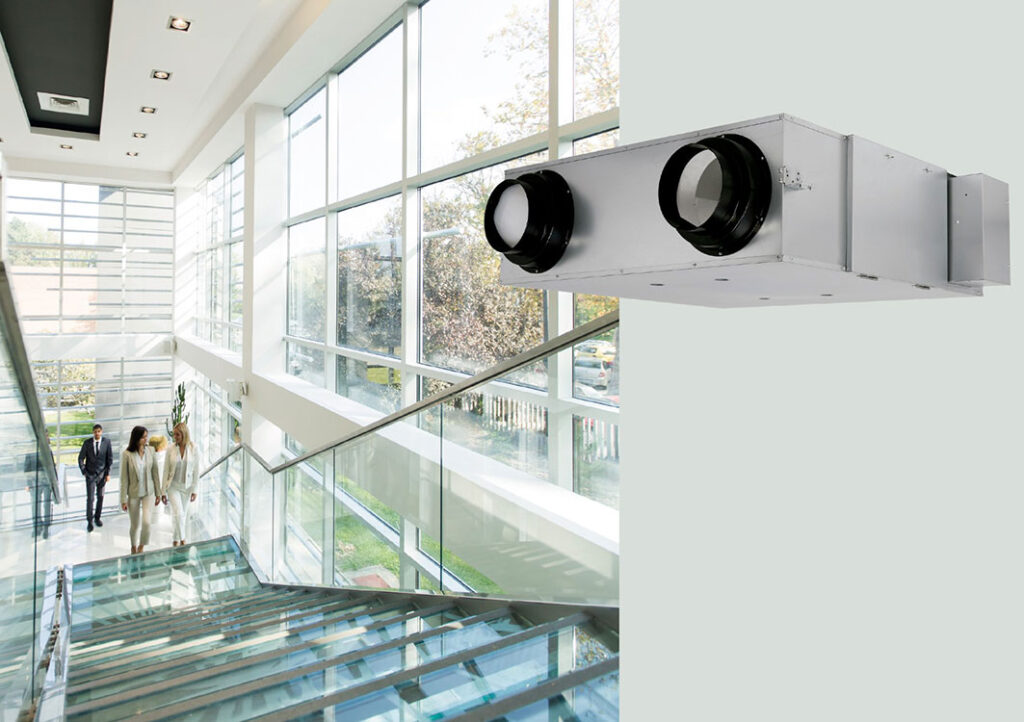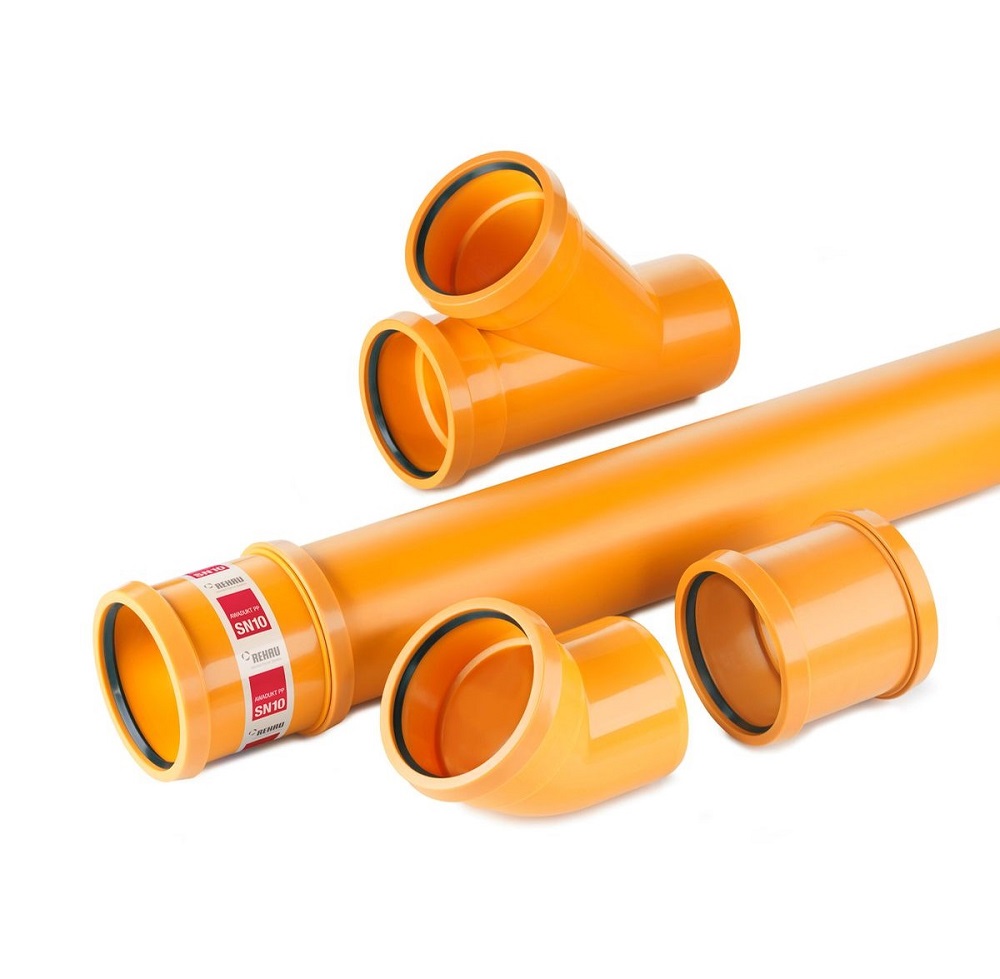Challenges still afoot for BIM, warns FIEC
The European Construction Industry Federation (FIEC) has warned of the many BIM challenges in place and calls for more to be done to support the transition into digital construction.
BIM has become a key component of the construction industry. However, the FIEC has warned the industry still faces BIM challenges.
This was the statement made in a new manifesto, in which the organisation acknowledged that while BIM is improving productivity and competitiveness there are still difficulties.
Kjetil Tonning, vice president of FIEC and president of its technical commission, said: “BIM is transforming construction, and the industry needs to lead the effort to encourage widespread uptake across the entire value chain.
“With this background, FIEC has launched its manifesto, to highlight the potential of BIM in terms of facilitating the implementation of EU policy.”
The manifesto forms part of the federation’s wider activities to help support the sector as it transitions into new technologies including BIM and other digital processes. Tonning, who led a working group of FIEC members as well as contractors, industry and academics, said access to data was vital.
“One of the key impacts of BIM is that it both facilitates and relies on closer collaboration across the entire value chain, on a scale not seen in the industry until now.
“Such collaboration between the various sectors and people involved in a construction project will be impossible without open and free access to all the essential data stored in a Building Information Model.”
The document, ‘Making BIM a Global Success’, listed the challenges that could prevent adoption of BIM by all companies across all sectors. It called on solutions to be made to help SMEs keep pace with changing technologies and to prevent these firms getting left behind as a result of inappropriate software, lack of knowledge or financing problems. The manifesto said policymakers and public sector clients could play their part in this, helping SMEs to receive adequate support.
Recommendations Standardisation should be a key consideration, but the FIEC said other regulations should be limited to what was necessary to help transition into digital construction. The federation said it wanted to see a balance between top-down and bottom-up action, with the latter the preferred approach.
Tonning commented: “BIM, in particular, is changing the way we build, with benefits for the circular economy, energy efficiency, smart cities, climate goals and new jobs for young people that have previously been deterred from working in construction. “We are looking forward to strong partnership with the EU institutions, which will deliver win-win results for EU society and our economy.”




















